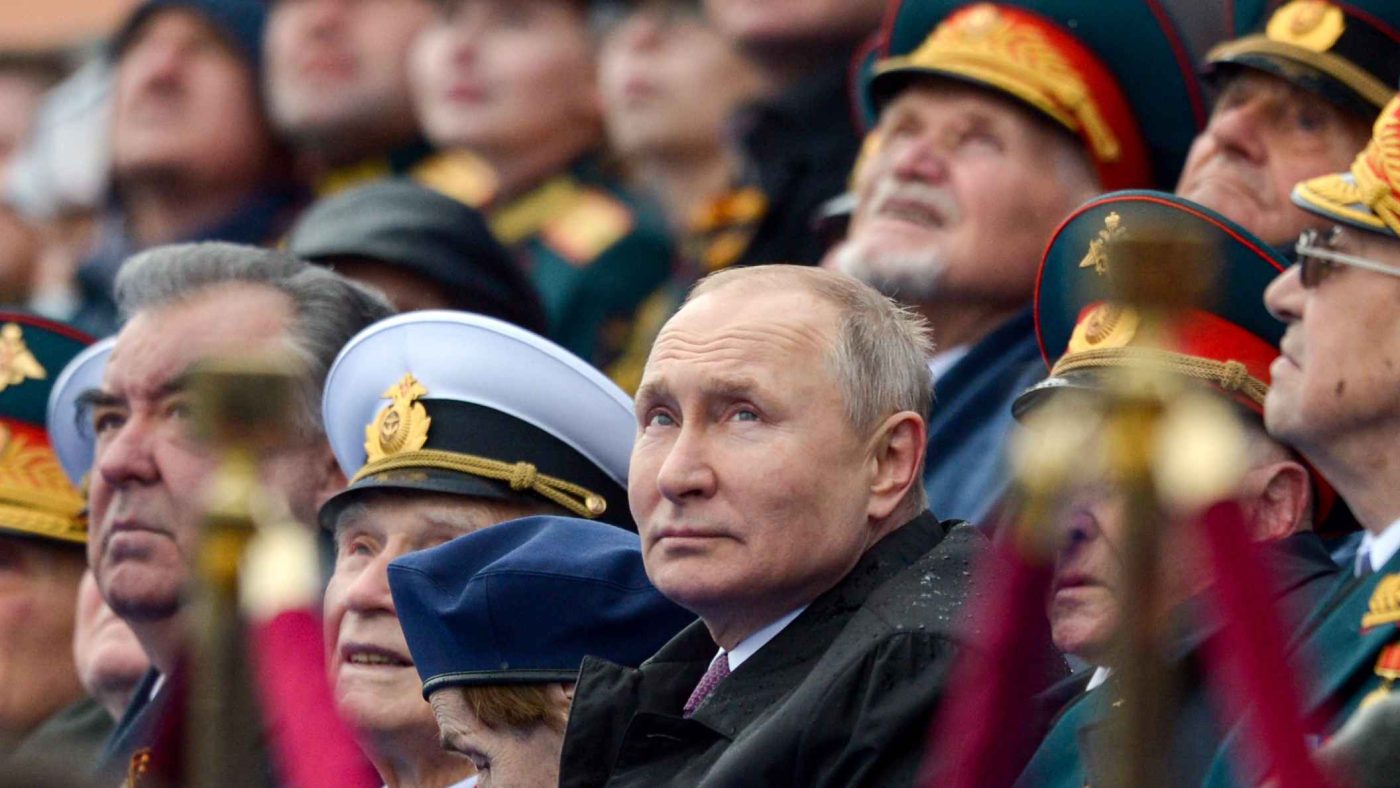It is a cliché beloved of Western editorial cartoonists that Russians are all chess players. This sometimes leads Western analysts and politicians to assume that Putin is always three moves ahead of his opponents, thus allowing them to be intimidated into inaction.
Putin is counting on this aura of diplomatic genius to intimidate some in the West into breaking NATO and EU solidarity. In that — notwithstanding Boris Johnson’s February 20th musing that Putin may be “irrational” not to retreat in the face of sanctions — perhaps he is playing not chess but chicken – hoping that Western solidarity will crack in the face of relentless, confident Russian actions. (although “hoping” may be giving him inadequate credit; I would assume Russian organs of state have been working hard not just to identify, but to deepen the cracks in NATO and the EU.)
It’s easy to imagine Putin judging that, having steeled themselves for the possibility of an all-out Russian assault on Ukraine, some Western governments will look at Russia’s erosion of Ukrainian sovereignty through the recognition of the Donetsk and Luhansk People’s Republics (all glory to the fraternal Soviet peoples!) and decide, with a little quiet urging . . . that could’ve been worse. They may ask: Do we really need to institute financial sanctions, and cut off our natural gas imports from Russia, over some funky internecine business in the Donbas? I mean, we’ve ignored the Donbas for eight years while thousands died, right? Maybe we should let Putin save face, offer him a summit meeting, meet some of his demands—(and, wow, honey, did you see this month’s gas bill even without sanctioning Russia?) Do we really need to do this? Will it make us the bad guys?
Yes, we need to do this, and no, we’re not the bad guys. We must not convince ourselves that only Russian maneuver battalions rolling into newly occupied areas of Ukraine, or missiles raining down on Kyiv, will suffice to trigger a firm response. The alternative is appeasement in the face of Putin’s play to crush the independence of Ukraine, soon to be followed by the rest of the former Soviet space and what it likes to call the near abroad. So yes, the West needs to implement significant sanctions now, while leaving some additional options open as possible follow-ons.
Russians do play games of chance, by the way, and they know about bluffing. The most popular card game in Russia is Durak – the Fool. Let’s make sure Putin learns he overplayed his hand.




